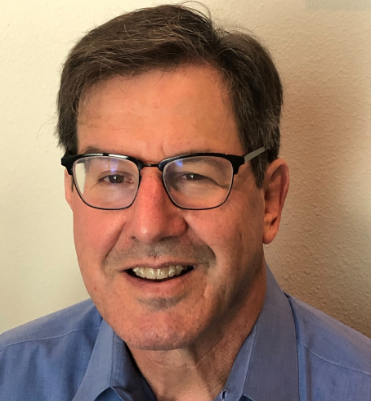Five Ways the PEN Empowerment Lead Program Can Support Your Cancer Journey
Our Empowerment Lead program is here to support patients and families around important topics and to provide navigation for the path to empowerment. Our Empowerment Leads are highly passionate empowerment ambassadors volunteering from around the U.S., engaging with the PEN network of cancer patients and care partners, and serving as a direct channel of empowerment.
1. Utilize the PEN Text-Line
By texting EMPOWER to +1-833-213-6657, you can meet someone with your same condition and receive personalized support from our Empowerment Leads. Whether you’re a cancer patient, or a friend or loved one of a cancer patient, PEN’s Empowerment Leads will be here for you at every step of your journey.
2. Watch PEN Videos
Taking a proactive role in your well-being as a patient is of utmost importance for optimal health outcomes. And PEN videos are a trusted source when seeking out information from cancer experts, patients, care partners, and PEN Empowerment Leads. Whether you’re a newly diagnosed patient, care partner, long-time cancer patient, or other concerned patient advocate, PEN videos provide a valuable way to learn about cancer patient stories, testing information, questions to ask your cancer specialist, how to support and be supported as a care partner, ensuring that your patient voice is heard, and more.
3. Read PEN Blogs
Our PEN blogs are a rich source of support information on a wide range of topics for cancer patients and care partners. The blogs serve as another way to gain knowledge and advice for navigating and coping with your cancer journey. Some recent topics have included mental health advice, financial support resources, nutrition and exercise tips, COVID-19 vaccine guidelines, patient stories, caregiver advice, genetic testing, and cancer news updates.
4. Download and Use Our Activity Guides
Initiated as a patient and care partner tool at the beginning of the COVID-19 pandemic, our PEN-Powered Activity Guides continue as a way to stay connected and to relieve stress during your cancer journey. Packed with information and support resources, the Activity Guides provide content including clinical trial information and experiences, patient stories and lessons learned, advice from care partners, healthy recipes, music playlists, coloring pages, and more. If you’re a busy cancer patient or care partner, the Activity Guides are easy to print to take with you to read during travel and waiting room time for cancer care appointments.
5. Learn About Our PEN Empowerment Leads
If you don’t have time to watch a video or to read a blog right away, you can browse our list of PEN Empowerment Leads. You can easily see the community that each Empowerment Lead serves and read a short bio about their experience as a cancer patient or care partner.
By taking advantage of our PEN Empowerment Lead resources, cancer patients and care partners can gain knowledge and confidence to navigate their own cancer journeys.




